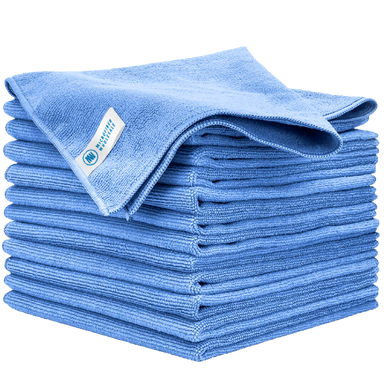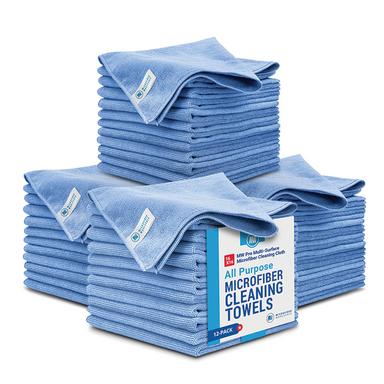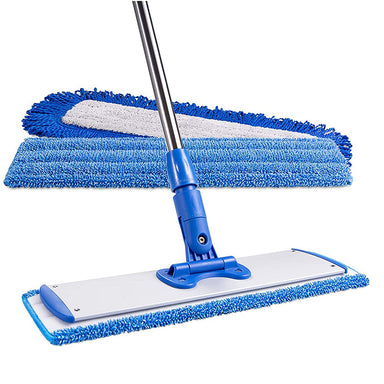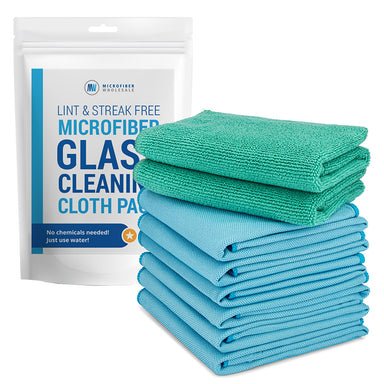5. Perfectionism and Procrastination
Maybe you struggle with the idea of making the "wrong" decision about what to keep and what to discard. This can lead to guilt over not being able to maintain a perfectly organized space.
6. Inherited Items
Items inherited from deceased relatives often come with a strong emotional connection. Discarding these items can feel like a betrayal to the memory of the deceased.
7. Identity and Self-Worth
Possessions can be tied to your identity and sense of self-worth. So letting go of certain items might feel like losing a part of yourself or admitting to past mistakes or changes in your interests and values.
8. Future Use and Scarcity Mindset
Like many people, you’re probably holding onto things “just in case” you need them in the future. Letting go of these items can trigger a fear of future regret or a sense of wastefulness.
9. Cultural or Familial Expectations
In some cultures or families, keeping certain items may be seen as a duty or tradition. Letting go of these items can bring a sense of guilt for not living up to these expectations.
10. Overwhelmed by Quantity
When faced with a large amount of clutter, the sheer volume can be overwhelming, leading to feelings of guilt for having accumulated so much in the first place.
It’s important to identify how and why you’re feeling the way you do before diving into a purge. Once you understand how you’re feeling, it can help you address the emotional challenges of decluttering and approach the process with more compassion.

















